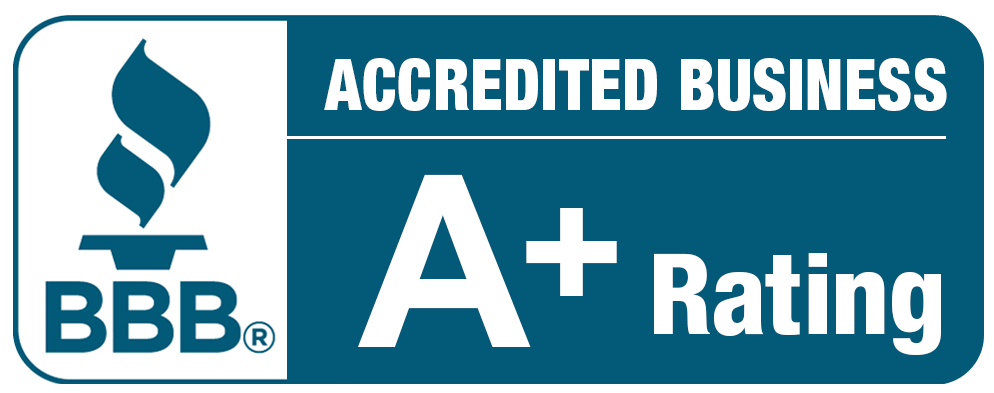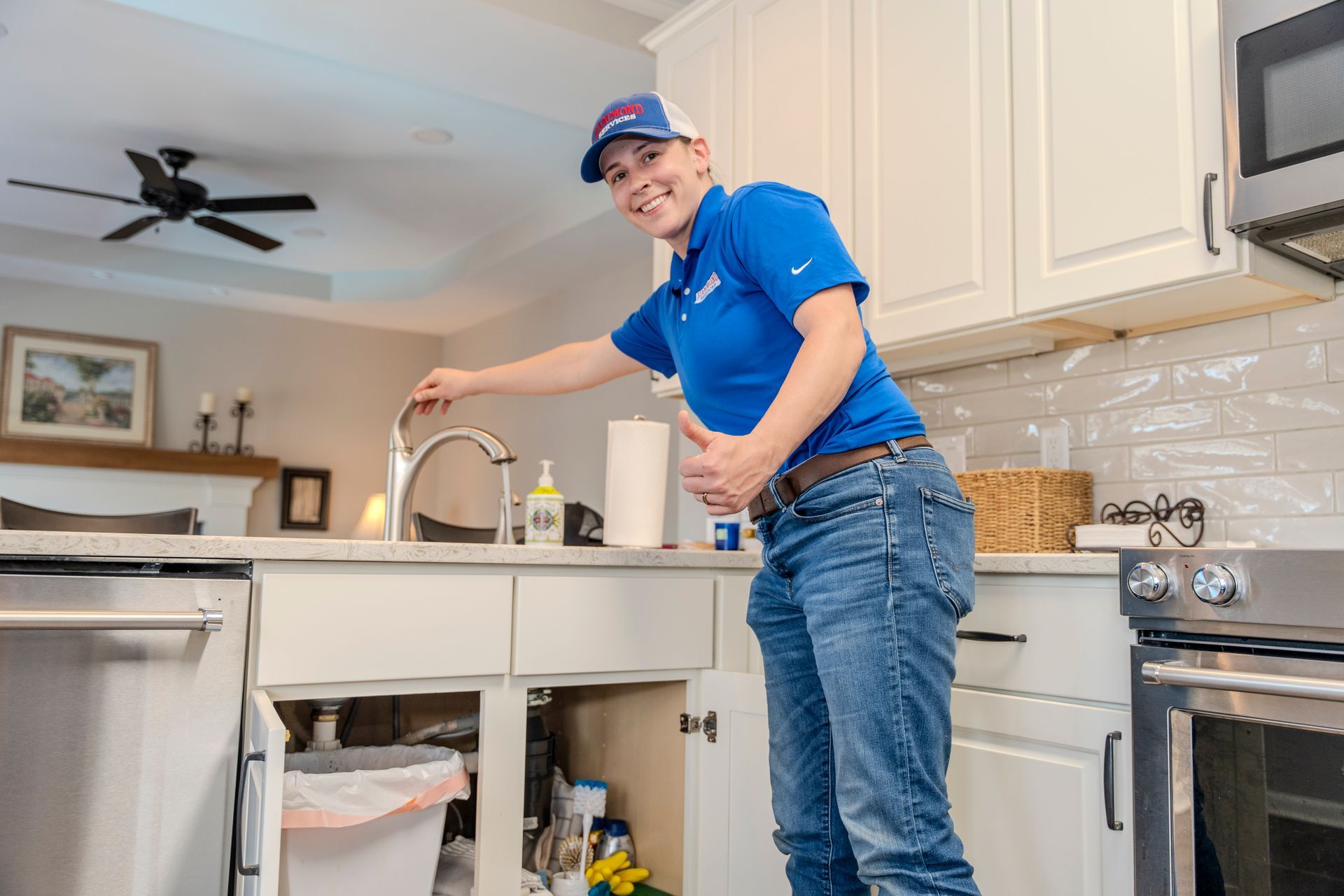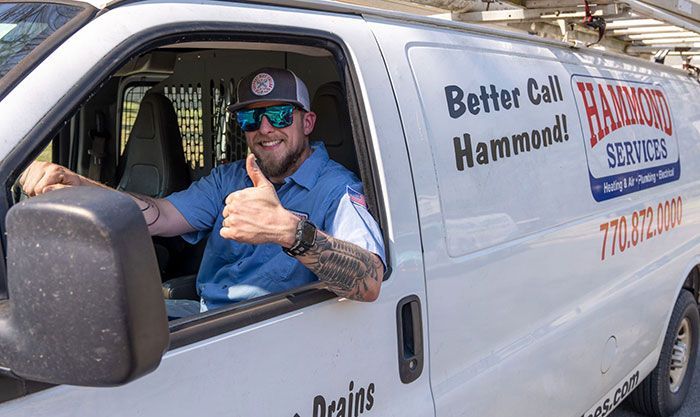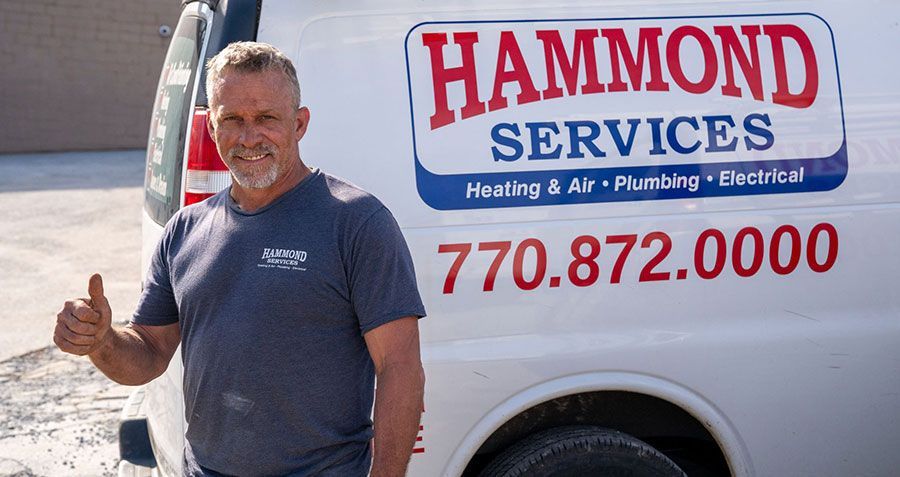How to Tell if a Light Switch is Bad: A Comprehensive Guide
A faulty light switch can not only be an annoyance but also pose a potential safety hazard in your Newnan, GA area home. Recognizing the signs of a bad light switch and knowing how to troubleshoot the issue are essential skills for homeowners. In this comprehensive guide, we'll discuss the indicators of a faulty light switch, how to test for problems, and when it's time to call a professional electrician for an expert electrical inspection.
Signs of a Bad Light Switch
There are several telltale signs that your light switch may be faulty. Some of the most common indicators include:
1. Inconsistent Lighting
If your light switch is functioning correctly, the light should turn on and off consistently when you toggle the switch. However, if you notice flickering or dimming, or if the light only comes on after several attempts, you may have a bad switch.
2. Unusual Sounds
A buzzing or crackling sound coming from the switch could indicate an issue with the wiring or the switch itself. This is often a sign of loose connections or internal damage that requires immediate attention.
3. Warm or Hot Switch
A properly functioning light switch should not be hot to the touch. If your switch feels warm or even hot, it could be a sign of a problem with the wiring or the switch itself. Turn off the power to the switch and call an electrician for assistance.
4. Loose Switch or Cover
Over time, light switches and their covers can become loose. This may not necessarily mean that the switch is faulty, but it's worth inspecting to ensure that all connections are secure and functioning correctly.
Troubleshooting a Bad Light Switch
If you've noticed any of the signs mentioned above, it's time to troubleshoot the issue. Before proceeding, always ensure that you turn off the power to the switch at the main breaker panel. Safety should always be your top priority when dealing with electrical issues.
1. Inspect the Wiring
Remove the switch cover plate and carefully examine the wiring. Look for any loose connections or damaged wires. If you're comfortable working with electricity and have a basic understanding of wiring, you may be able to tighten any loose connections. However, if you're unsure or uncomfortable working with electrical wiring, it's best to schedule the services
of a professional electrician.
2. Test the Switch
To test the switch, you'll need a multimeter or a continuity tester. Remove the switch from the wall, making sure to keep track of which wires are connected to which terminals. With the switch in the "off" position, touch the probes of your tester to the terminals. There should be no continuity. When you toggle the switch to the "on" position, there should be continuity. If the switch doesn't pass this test, it's time for a replacement.
When to Call an Electrician
While some light switch issues can be resolved by the homeowner, it's essential to know when to call a professional electrician. If you're experiencing any of the following situations, it's time to call for help:
1. You're Uncomfortable Working with Electricity
If you're not confident in your ability to safely handle electrical issues, it's always best to call a professional. Attempting to fix the problem yourself could lead to injury or damage to your home's electrical system.
2. The Problem Persists After Replacing the Switch
If you've replaced the switch and are still experiencing issues, there may be a more serious problem with your home's electrical system. A professional electrician can diagnose and repair any underlying issues that are causing the problem.
3. You Suspect Damaged Wiring
Damaged or frayed wiring can pose a significant safety hazard and should be addressed immediately by a professional. If you notice any damaged wires while inspecting the switch, turn off the power and call an electrician.
4. The Issue Involves Multiple Switches or Lights
If you're experiencing problems with multiple switches or lights, it could be an indication of a larger electrical issue. A professional electrician can help identify and resolve the problem
to ensure the safety of your home's electrical system.
Switch Replacement and Upgrades
If your light switch is indeed bad, it's time to replace it. In some cases, you might want to consider upgrading to a more modern or energy-efficient switch. Some popular options include:
1. Dimmer Switches
Dimmer switches allow you to adjust the brightness of your lights, providing more control over the ambiance in your home. They can also help save energy by reducing the amount of electricity used when the lights are dimmed.
2. Smart Switches
Smart switches can be controlled remotely via a smartphone app, allowing you to turn lights on and off or adjust brightness from anywhere. Some models also include features like timers, occupancy sensors, and compatibility with smart home systems.
3. Motion Sensor Switches
Motion sensor switches turn on the lights automatically when movement is detected, making them an excellent option for outdoor lighting or rooms like bathrooms and laundry rooms. These switches can help conserve energy by ensuring lights are only on when needed.
Conclusion
A bad light switch can be a nuisance and a potential safety hazard. By keeping an eye out for the signs of a faulty switch and knowing when to call a professional electrician, you can keep your home's electrical system in top shape. If you need to replace a light switch, consider upgrading to a dimmer, smart, or motion sensor switch to enhance your home's functionality and energy efficiency. Remember, when it comes to electrical work, safety should always be your top priority. If you're ever in doubt, consult common search terms
when looking for an electrician and know when it's best to consult a professional.
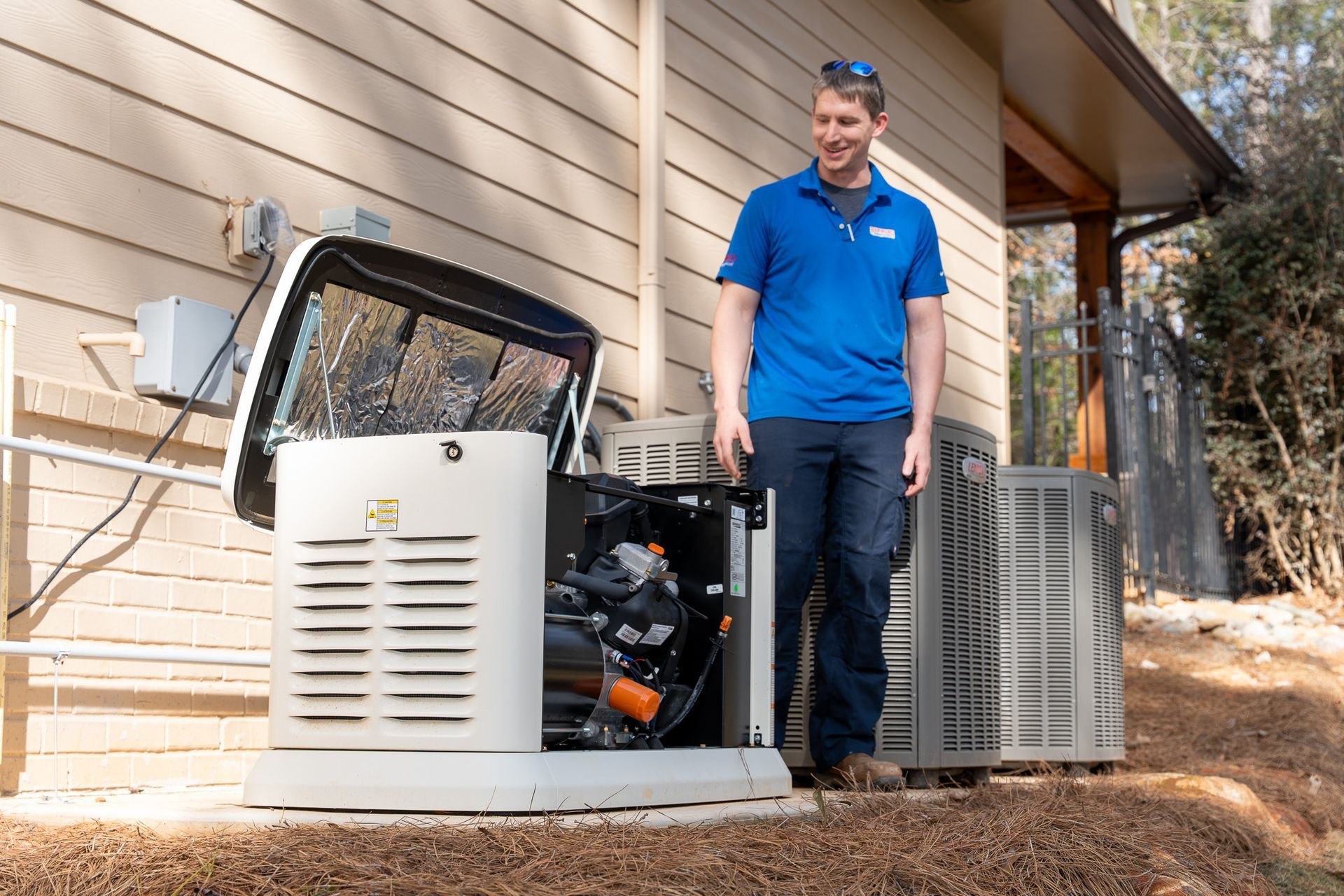
Summers in Georgia can be intense. Brutal heat and high humidity often make your home feel like a sauna. With air conditioning demands soaring, this can overload the power grid, leading to brownouts, partial power reductions that dim your lights and shut down non-essential appliances. While brownouts aren't as severe as blackouts, they can still cause disruptions, especially during Georgia’s hottest months. For tips on how to prepare for power outages, including stockpiling essential items, check out the Power Outage Preparedness Tips from Georgia Electric Membership Corporation . The Challenge of Summer Brownouts in Georgia Brownouts occur when the electrical grid becomes overloaded, and utility providers reduce the voltage temporarily to avoid a complete power failure. This is especially common during Georgia’s brutal heatwaves and thunderstorms, two weather events we see all too often in the summer. With the extreme heat, high humidity, and unpredictable storms, having reliable power becomes crucial for Georgia homeowners. Although a short power dip might seem minor, brownouts that last for hours can have serious consequences. Here’s why: 1. Health Risks for Pets and Babies The heat can be dangerous, particularly for pets and young children. Without air conditioning or fans, temperatures inside your home can rise quickly. Pets, especially those with thick fur, are at risk of heatstroke and dehydration. Babies, who have a harder time regulating their body temperature, are also vulnerable to overheating, which can lead to serious health issues. 2. Impact on Medical Devices For people who rely on powered medical devices like oxygen concentrators, CPAP machines, or refrigerated medications, brownouts can be life-threatening. The high humidity in Georgia can make respiratory conditions worse, making it even more critical to maintain a steady power supply for medical needs. 3. Food Spoilage & Home Disruptions During a brownout, refrigerators and freezers may not run at full power, which can cause food to spoil more quickly. Perishable items like dairy, meat, and seafood can become unsafe to eat in just a few hours without consistent cooling. This can lead to wasted groceries and potential health risks if spoiled food is consumed. Investing in a backup generator can help keep your refrigerator running and prevent costly food loss during extended power disruptions. Preparing for Power Disruptions Year-Round Although summer brownouts are a common issue, power disruptions can also occur during other seasons. For example, winter blackouts in Georgia can bring dangerous cold temperatures and heating system problems. For more insights on preparing for power outages throughout the year, check out our blog on Generac Generator Maintenance: Keeping the Power On When It Matters Most to ensure you're ready for any unexpected disruptions. How to Prepare for Brownouts in Georgia The best way to protect your home from the effects of summer brownouts is to prepare in advance. One of the most effective solutions is investing in a generato r. Whether you choose a whole-home standby generator that automatically kicks in when power drops, or a portable generator to keep essential appliances running, having a backup power source can keep you out of the dark when the grid goes down. Here’s how you can be ready: Backup Generators: A whole-home generator is a reliable way to keep essential systems like air conditioning, refrigeration, and medical devices powered during brownouts. These generators automatically turn on when the power goes out, ensuring your home stays functional. Portable Generators: If a whole-home generator isn’t in your budget, a portable generator can still power critical appliances, like your fridge and AC, during a brownout. Energy Conservation: Being mindful of energy usage, like running appliances during off-peak hours or keeping blinds closed to block out heat, can help reduce stress on the power grid. Electrical Inspections & Repairs: It’s also a good idea to have an electrical inspection done to make sure your home’s wiring can handle the additional load. If there are any issues, electrical repairs can ensure your system is ready for whatever the summer brings. Stay Ahead of Summer Outages in Georgia Summer brownouts are a reality here in Georgia, but with the right preparation, you can minimize the impact on your home and family. Investing in a generator, practicing energy-saving habits, and scheduling an electrical inspection will help you stay cool, keep your loved ones safe, and avoid the frustration of power interruptions. Don’t wait until the next heatwave. Take action now to stay powered all summer long. Ready to Stay Powered All Summer? Don’t let summer brownouts disrupt your comfort or safety. For expert advice on generators, electrical inspections, and electrical repairs in Griffin, Newnan, Stockbridge, or nearby areas, Hammond Services here to help! We’ll ensure your home stays cool, secure, and fully operational, no matter what the weather brings. Contact us today to schedule your services and enjoy a worry-free, comfortable home this season!
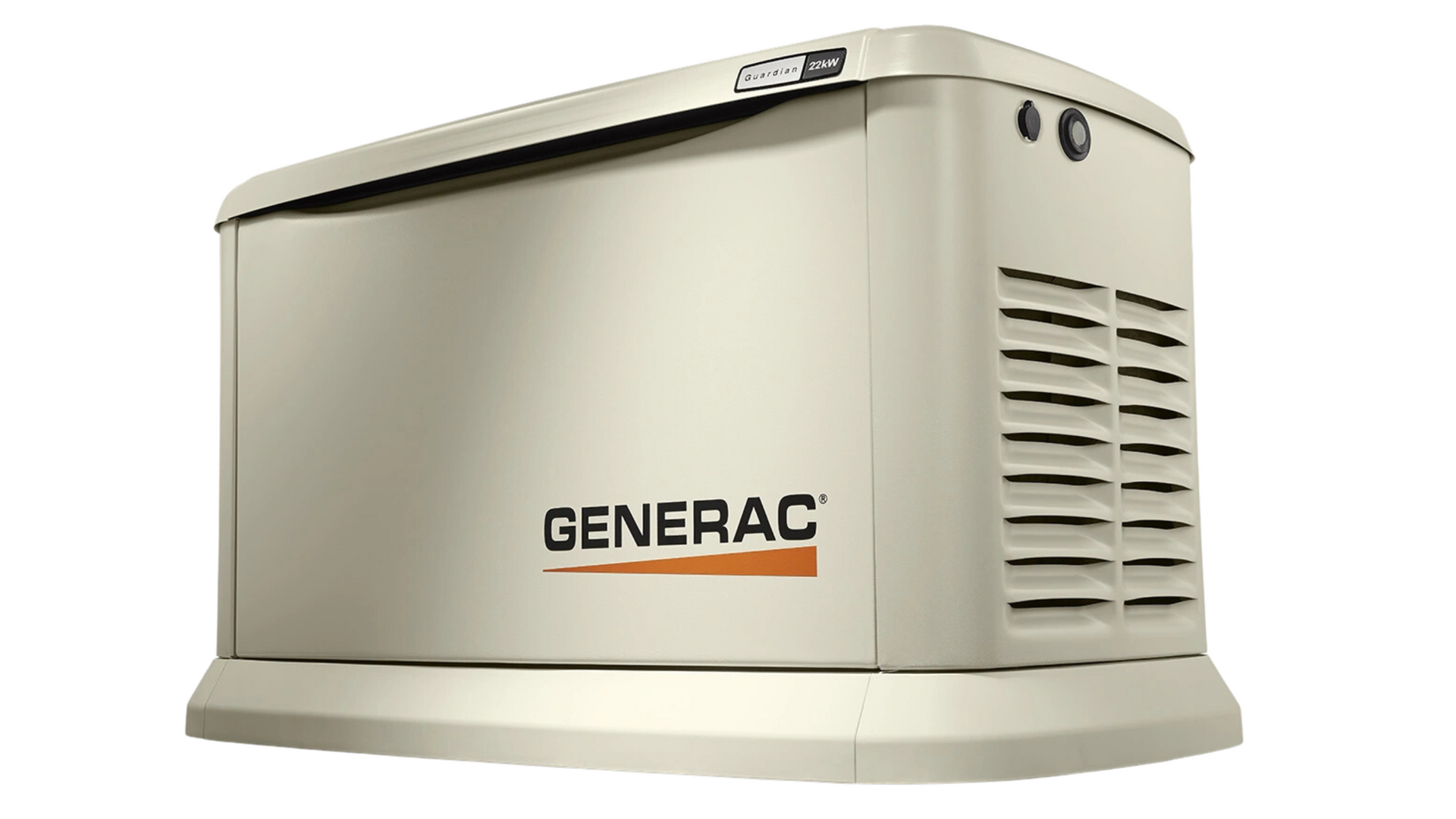
Winter blackouts, especially during ice storms, can bring life to a standstill, leaving families vulnerable to freezing temperatures and disrupted routines. Ice storms are particularly dangerous, as freezing rain can build up on power lines and trees, causing outages and hazardous conditions. Losing power for just 4 to 5 hours in these conditions can create serious challenges, especially for families with pets, babies, or individuals relying on medical devices. Impact on Those in the Home Pets are highly sensitive to temperature drops, particularly for smaller or short-haired breeds. Without heat, they may struggle to stay warm, risking illness. To prepare, keep extra blankets or bedding for them and consider portable, pet-safe heating options. Ensuring your pets remain comfortable during an outage is crucial for their health and safety. For babies, maintaining a warm environment is essential for their well-being. Without heat, dress them in layers and use portable heating pads. Having these preparations ready ensures your little one stays safe and comfortable during a power outage. For individuals who rely on medical devices, power outages can be a serious concern. Devices like oxygen concentrators or CPAP machines require uninterrupted power. Additionally, medications that need refrigeration must be protected. Backup power solutions, such as battery systems or whole home generators, can help avoid emergencies during extended outages. The Importance of Knowing Your Power Status Staying informed about your power status is a vital part of winter preparedness here in Georgia. Many utility companies offer apps and alerts that let you track outages, assess restoration times, and plan accordingly. This information helps you decide if relocating temporarily or relying on backup power is necessary. Generac Generators: A Reliable Solution Investing in a Generac generator is one of the most effective ways to safeguard your Austell, Griffin, Newnan, and Stockbridge home during winter outages. These generators provide continuous power, keeping heating systems, lights, and essential devices up and running. With a whole-home generator, you can maintain comfort and security for your family, pets, and medical needs, even during prolonged outages. Call Hammond Services today or fill out our contact form to explore backup power solutions like Generac generators, and keep your home safe, warm, and ready for any storm.

Living in areas like Austell, Stockbridge, Newnan, and Griffin means enjoying a variety of home styles, from charming older houses to modern builds. However, regardless of your home's age, electrical outlets can sometimes stop working, leaving you scratching your head. Here are some common reasons why an outlet might stop functioning, and how Hammond Services can help with electrical issue resolution and electrical safety inspections. 1. Tripped Circuit Breaker One of the most common causes of a non-working outlet is a tripped circuit breaker. Circuit breakers are designed to protect your home from electrical overloads. If you’ve been using multiple high-powered devices like space heaters, hair dryers, or kitchen appliances in one area, the breaker might have tripped to prevent overheating. Locate your breaker box, look for a switch that’s out of alignment, and reset it by flipping it off and then back on. If the breaker trips again, it’s time to call a professional to assess the circuit’s load capacity and ensure electrical safety in your home. 2. GFCI Outlet Reset Needed If your outlet is near water—like in kitchens, bathrooms, or outdoor areas—there may be an issue with a Ground Fault Circuit Interrupter (GFCI) outlet. GFCI outlets are designed to cut power when they detect moisture or a surge, protecting you from electrical shocks. These outlets have a reset button that pops out when they trip. Simply press the button to reset it. If resetting doesn’t restore power, the GFCI itself may be faulty, or there could be another electrical issue in the circuit. For additional tips on improving your home’s electrical safety and efficiency, check out this article from Hammond Services: What Electricians Can Do for Homeowners. 3. Loose Wiring or Connections Outlets can stop working due to loose or damaged wiring, especially in older homes. Over time, wires can degrade, leading to poor connections that may cause the outlet to fail. This electrical issue can create a safety hazard, including the risk of electrical fires. A professional inspection can identify and resolve these problems, ensuring your home remains safe and functional. 4. Faulty Outlet Over time, outlets can wear out, particularly if frequently used. If your outlet has been heavily used or is outdated, it may simply need replacing. Frequent plugging and unplugging can cause wear and tear, eventually leading to failure. Hammond Services provides reliable outlet replacement services, prioritizing electrical safety in every upgrade. 5. Hidden Issues If you’ve checked the breaker and reset your GFCI but the outlet still doesn’t work, there could be deeper wiring issues at play. Sometimes the problem isn’t with the outlet itself but lies deeper within your electrical system. Faulty wiring, overloaded circuits, or even pest damage can cause disruptions. If your outlet still doesn’t work after checking the breaker and GFCI, it’s best to have a professional electrician diagnose the electrical issue and ensure your home’s electrical safety. For more detailed information on home electrical systems, you can refer to the U.S. Energy Information Administration's guide on Electricity Explained . Call Hammond Services Today! If your outlet isn’t working in Austell, Stockbridge, Newnan, or Griffin, Hammond Services is here to help! We offer a wide range of residential electrical services, including free home electrical evaluations, to ensure your electrical system is safe and efficient. Contact our licensed electricians for reliable and affordable solutions. Better Call Hammond today! Or fill out a service request to get started.

